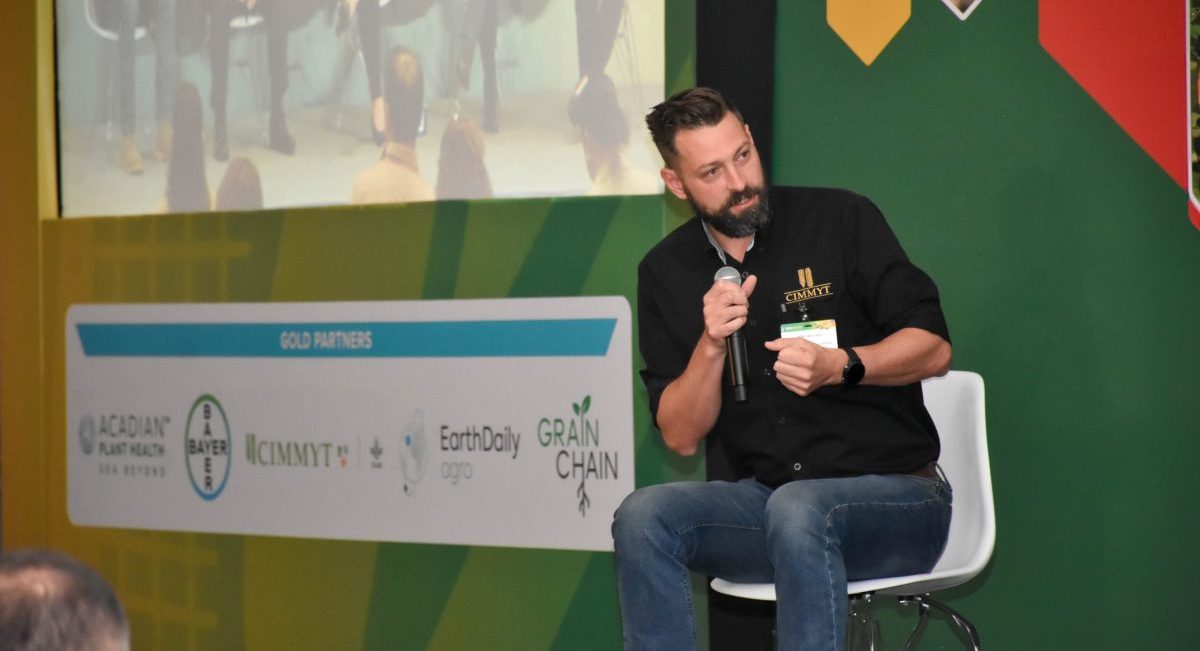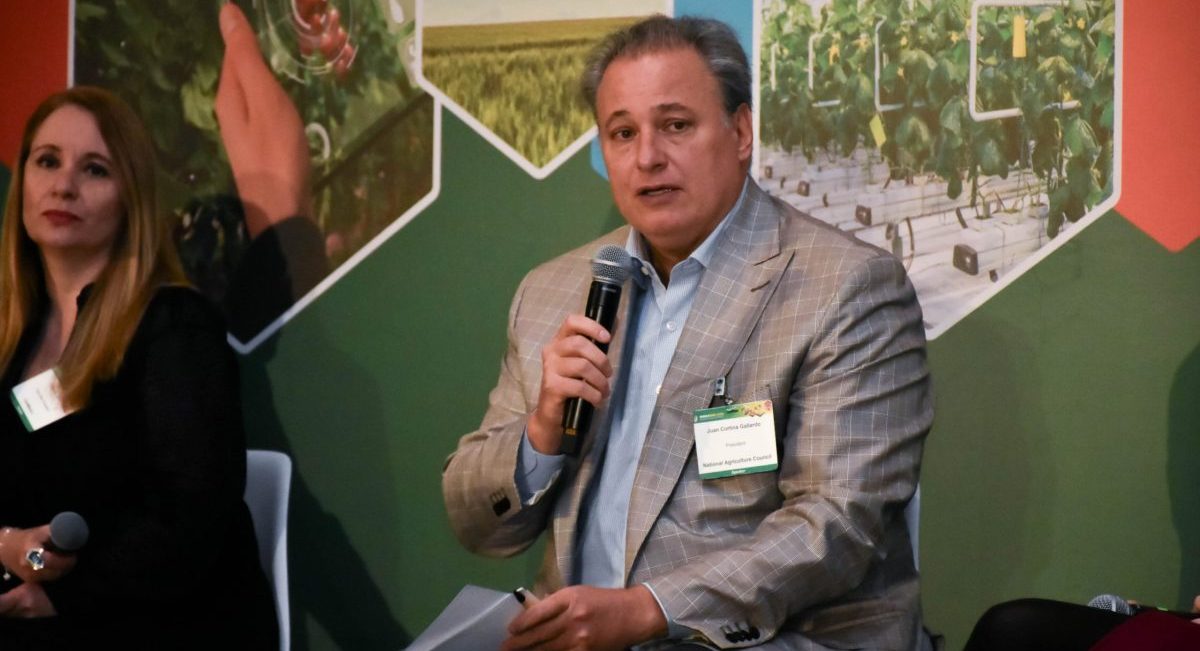World
CIMMYT at the World Agri-Tech Innovation Summit 2024

At the World Agri-Tech Innovation Summit, CIMMYT was distinguished through Jelle Van Loon, Juan Cortina, and Andrea Gardeazabal, who are driving collaboration, the use of open data, and regenerative practices to address the climate crisis and transform agriculture.
At the recent World Agri-Tech Innovation Summit (October 29-30), two representatives and a member of CIMMYT’s Board of Directors—Jelle Van Loon (Associate Director of Sustainable Agri-Food Systems and Regional Representative for Latin America), Andrea Gardeazabal (Manager of Monitoring and Evaluation of Information and Communication Technology for Agriculture at CIMMYT), and Juan Cortina (member of CIMMYT’s Board of Directors and President of the National Agricultural Council)—shared a comprehensive view on the challenges and progress towards a more sustainable and resilient agriculture. The event brought together global leaders in technology, innovation, and sustainability, serving as a platform to highlight CIMMYT’s role in transforming the agri-food sector.
Andrea Gardeazabal, in her presentation, highlighted the urgency of addressing the climate crisis with actions based on data and collaboration. “With 10 years of data on regenerative practices, we are moving towards an agriculture that not only restores ecosystems but also responds to the challenges of climate change,” Andrea said. She emphasized the importance of creating an environment of open and standardized data access for regenerative agriculture to scale globally. Through a long-term testing network and the development of digital technologies, CIMMYT has laid the groundwork for practices that optimize agronomic management and improve water use efficiency—critical in the current context of water scarcity.

Juan Cortina underscored the importance of collaboration between Mexico and the United States for the growth of Mexico’s agri-food sector. He emphasized how nearshoring, promoted since the signing of the Free Trade Agreement (FTA), has allowed Mexico to specialize in products that complement U.S. production. “Our country is the ninth-largest agricultural producer and the seventh-largest agro-exporter in the world, which demonstrates the impact of strategic collaboration in North America,” said Cortina. He also highlighted that this supply chain integration, strengthened by access to key inputs such as U.S. corn, is vital for the region’s food security.
Jelle Van Loon emphasized that CIMMYT’s role at the World Agri-Tech Summit reflects the organization’s commitment to innovation and sustainability. He highlighted how Andrea and Juan’s interventions underscored CIMMYT’s multidimensional approach: combining science and practice, applying advanced technology, and fostering global partnerships to accelerate agricultural transformation. “Our work at CIMMYT is an example of how collaboration and knowledge-sharing can have a real and lasting impact on agriculture and global food security,” concluded Jelle.

CIMMYT’s message at the event was clear: to scale up regenerative agriculture and address climate challenges, we need more data, more collaboration, and a shared vision of the future. In Andrea’s words: “Safe and sustainable agricultural transformation will only be possible if we work together and share our progress and knowledge on a global scale.”
Innovation in the agricultural sector demonstrates that science, technology, and collaboration are essential to achieve resilient, inclusive, and sustainable agriculture. These forums encourage the agri-food sector to strengthen collaborative networks and food security, thus promoting a brighter agricultural future.








